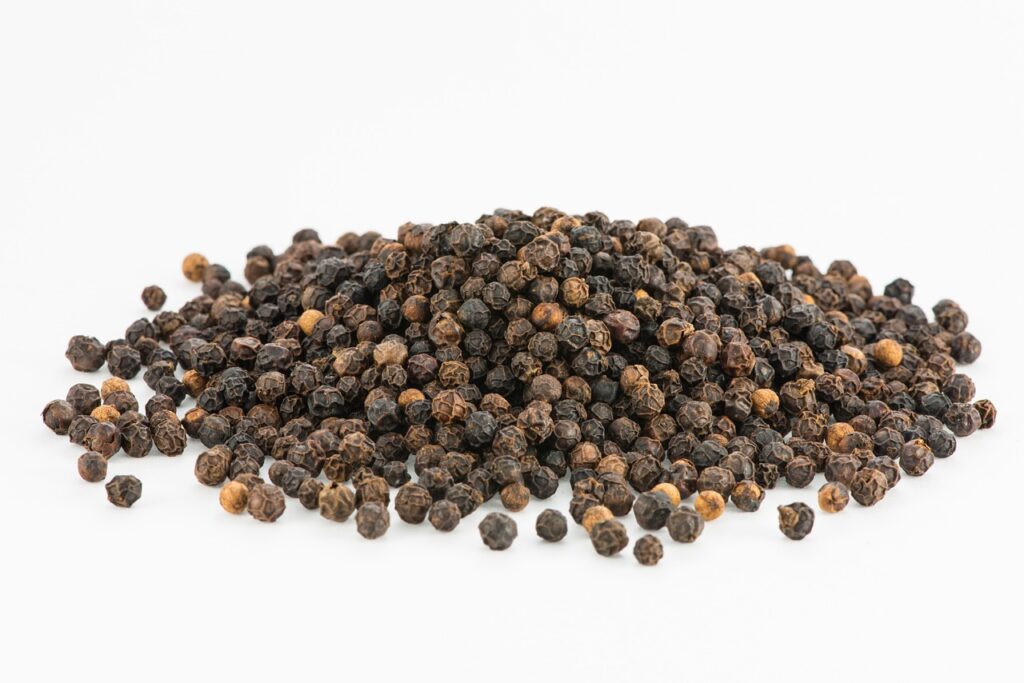
Misophonia in Vietnam
Misophonia, Halal spices, etc…
Embrace Understanding and Relief from Misophonia
If you’re struggling with Misophonia, don’t hesitate to reach out for support. Connecting with a doctor or therapist can provide invaluable insights into this condition and empower you with coping strategies.
Understand Your Triggers
Misophonia often manifests through physical reactions such as rapid heartbeat, sweating, or nausea upon hearing certain sounds. These triggers can vary widely, from the sound of chewing to the click of a pen. Identifying your triggers is crucial for managing your responses.
Seek Personalized Solutions
Every individual’s experience with Misophonia is unique. Through professional guidance, you can explore tailored solutions that best suit your needs. These may include mindfulness techniques, sound therapy, or cognitive-behavioral therapy.
Remember You’re Not Alone
Misophonia affects people in different ways and intensities. It’s essential to remember that you’re not alone in this and there are resources and support available to help you cope. Seeking professional assistance is the first step towards managing Misophonia and regaining control over your life.
Sounds That Make You Go “Ugh!” – What is Misophonia?
Ever felt like you wanted to scream when someone chomps on their food loudly, or clicks their pen? You might have Misophonia! It’s a real condition that makes certain sounds super annoying, like nails on a chalkboard times a million. But what is it exactly, and why do some sounds get under our skin so much?
TL;DR – Too Long; Didn’t Read
Misophonia is a condition where everyday sounds trigger strong negative emotions. These sounds, like chewing or tapping, can cause anger, anxiety, and even physical reactions. There’s no cure yet, but things like therapy and learning to manage your response can help.
What is Misophonia?
Misophonia is like a super-sensitivity to sound. It comes from the Greek words “misos” (hate) and “phoné” (sound). It’s not just about disliking a noise, it’s about feeling a strong urge to react negatively to it. Imagine your favorite song playing on repeat, but instead of feeling happy, you feel angry and frustrated. That’s what it can feel like for someone with Misophonia.
What Kinds of Sounds Trigger Misophonia?
The sounds that bother people with Misophonia can be pretty varied. Some common ones include:
- Chewing
- Sniffling
- Clicking pens
- Tapping
- Breathing
It’s important to remember that not everyone with Misophonia will be bothered by the same sounds. For some, it might be the sound of someone’s mouth while they’re eating, while others might be more sensitive to tapping or clicking noises.
Why Does Misophonia Happen?
Scientists aren’t completely sure what causes Misophonia, but they think it might be a combination of things.
- **Brain Activity:** Some studies have shown that people with Misophonia have different patterns of brain activity when they hear triggering sounds.
- **Genetics:** Some researchers think that Misophonia might run in families, meaning it could be passed down through genes.
- **Environment:** The experiences someone has in their life can also play a role. Maybe a loud noise caused a stressful experience, and now that sound brings back those feelings.
How Does Misophonia Affect People?
Misophonia can affect people in different ways. It can:
- **Cause emotional distress:** Imagine feeling angry, frustrated, or anxious every time you hear a certain sound.
- **Trigger physical reactions:** Some people with Misophonia might feel their heart race, get sweaty, or even feel like they might throw up when they hear a triggering sound.
- **Impact relationships:** It can be hard to avoid certain sounds in everyday life. This can make it difficult to focus at work or school, and even strain relationships with family and friends.
Can Misophonia be Treated?
There is no cure for Misophonia yet, but there are things people can do to manage their symptoms. These include:
- **Therapy:** Therapists can help people understand their condition and develop coping skills for managing their reactions.
- **Sound Therapy:** Listening to calming music or sounds can help block out triggering sounds and promote relaxation.
- **Lifestyle changes:** Avoiding triggering situations and environments can help minimize the impact of Misophonia.
Summary
Misophonia is a condition that makes certain sounds incredibly bothersome, causing strong negative emotions and physical reactions. It’s a bit like having a super-sensitive sound alarm system in your brain. Scientists aren’t sure what causes it, but it might be a combination of brain activity, genetics, and life experiences. While there’s no cure, there are things that can help manage the symptoms, including therapy, sound therapy, and lifestyle changes. So, if you find yourself feeling really irritated by seemingly normal sounds, you’re not alone. Talk to a doctor or therapist to find out more about Misophonia and what you can do to cope with it.
It’s important to remember that everyone experiences things differently, and Misophonia can affect people in many different ways. If you think you might have Misophonia, don’t be afraid to seek help and find ways to manage your reactions.
More on Misophonia…
- Misophonia SEO keywords:
- Misophonia
- Misophonia triggers
- Misophonia treatment
- Misophonia support
- Misophonia research
- Misophonia therapy
- Misophonia symptoms
- Misophonia causes
- Misophonia diagnosis
- Misophonia coping mechanisms
- Halal spices SEO keywords:
- Halal spices
- Muslim spices
- Kosher spices
- Organic spices
- Gluten-free spices
- Spice blends
- Spice recipes
- Spice kit
- Spice grinder
- Spice rack





